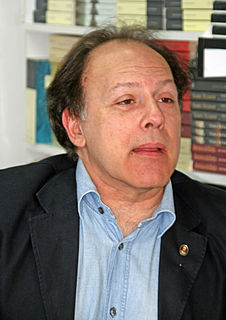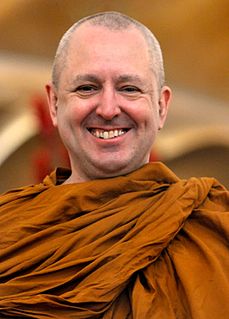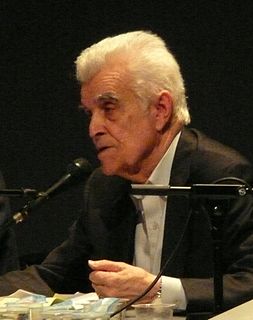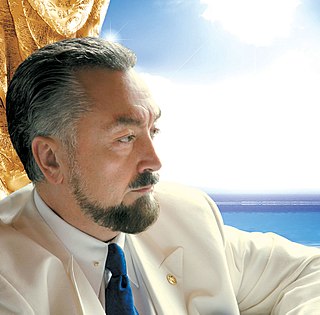A Quote by Javier Marías
We all have to lead our own life, and we only have the one life, and the only people who can live life not according to their own desires are those who have no desires--which is the majority, actually. People can say what they like, they can speak of abnegation, sacrifice, generosity, acceptance, and resignation, but it's all false. The norm is for people to think that they desire whatever comes to them, whatever they achieve along the way or whatever is given to them--they have no preconceived desires.
Related Quotes
Buddha says this is how one should be - no desire, because all desires are futile. They are about the future; life is in the present. All desires distract you from the present, all desires distract you from life, all desires are destructive of life, all desires are postponements of life. Life is now and the desire takes you away, farther and farther away from now. And when we see that our life is misery we go on throwing the responsibility on others, and nobody is responsible except us.
Our modern Western culture only recognises the first of these, freedom of desires. It then worships such a freedom by enshrining it at the forefront of national constituitions and bills of human rights. One can say that the underlying creed of most Western democracies is to protect their people's freedom to realise their desires, as far as this is possible. It is remarkable that in such countries people do not feel very free. The second kind of freedom, freedom from desires, is celebrated only in some religious communities. It celebrates contentment, peace that is free from desires.
Increase and widen your desires till nothing but reality can fulfill them. It is not desire that is wrong, but its narrowness and smallness. Desire is devotion. By all means be devoted to the real, the infinite, the eternal heart of being. Transform desire into love. All you want is to be happy. All your desires, whatever they may be are expressions of your longing for happiness.
Why do you dream? - because there are so many desires unfulfilled, and to live with unfulfilled desires is painful. In dream you try to fulfill them; in dream you create a false feeling of fulfillment. Hence your dreams show much about you: what your desires are, what you want to become. But if you want to become anything in life, you are asleep.
When you cut human beings down to size, we're really quite simple creatures; food, shelter, warmth, light, heat and you build it up from there really until you finally go Gucci shoes or whatever it is or whatever your consumer desires are. All those desires are ultimately, they're about gratification.
Desire is action. In the inner world, your desires bring about their own fulfillment, effortlessly. That inner world, and the exterior one, intersect and interweave. They only appear separate. In the physical world, time may have to elapse, or whatever. Conditions may have to change, or whatever, but the desire will bring about the proper results. The feeling of effortlessness is what is important.
That is Buddha`s meaning of nirvana: to be free from life and death, to be free from desire. The moment you are free from all desires... remember, I repeat, ALL desires. The so-called religious, spiritual desires are included in it, nothing is excluded. All desires have to be dropped because every desire brings frustration, misery, boredom. If you succeed it brings boredom; if you fail it brings despair. If you are after money there are only two possibilities: either you will fail or you will succeed. If you succeed you will be bored with money.
Don't sow your desires in someone else's garden; just cultivate your own as best you can; don't long to be other than what you are, but desire to be thoroughly what you are. Direct your thoughts to being very good at that and to bearing the crosses, little or great, that you will find there. Believe me, this is the most important and least understood point to the spiritual life. We all love according to what is our taste; few people like what is according to their duty or to God's liking. What is the use of building castles in Spain when we have to live in France?
Christianity set itself the goal of fulfilling man’s unattainable desires, but for that very reason ignored his attainable desires. By promising man eternal life, it deprived him of temporal life, by teaching him to trust in God’s help it took away his trust in his own powers; by giving him faith in a better life in heaven, it destroyed his faith in a better life on earth and his striving to attain such a life. Christianity gave man what his imagination desires, but for that very reason failed to give him what he really and truly desires.
There is a subtle danger that leads people away from religion, prevents them from submitting to God as their Lord, and ultimately, brings numerous other forms of trouble and distress upon them. This danger is ROMANTICISM, which leads people to live, not according to their reason, but according to their emotions; that is, according to their desires, hatreds, their susceptibility to temptations and their whims.





































